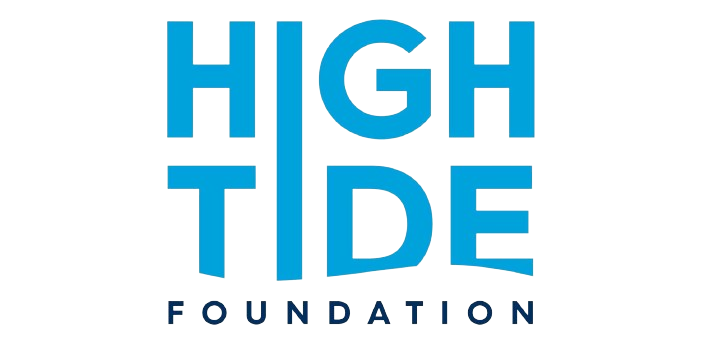Integrity Council launches Asia Pacific hub; partners with National Climate Change Secretariat and Singapore Economic Development Board
Written by ICVCM
Published
4 min read
The Integrity Council for the Voluntary Carbon Market today launches its first overseas office – an Asia Pacific hub in Singapore – in partnership with the Singapore Economic Development Board.
The hub is also the Integrity Council’s first physical office, since its global team operates fully remotely. It will build on existing work in the region related to the Integrity Council’s Core Carbon Principles (CCPs) with governments, corporates, financial institutions and market actors. Its aim is to support a thriving, interoperable high integrity carbon market across the Asia Pacific region. It will also look to foster high integrity in the development of regionally-relevant solutions such as transition credits generated from the early decommission of coal-fired power plants.
With the establishment of the Asia Pacific hub in Singapore, the Integrity Council hopes to strengthen Singapore’s supportive carbon market policies and its broad eco-system of actors engaged in carbon market development. The Integrity Council will also continue to work with Singapore’s National Climate Change Secretariat on the Coalition to Grow Carbon Markets and explore future initiatives and collaboration opportunities in high integrity carbon markets aligned with the Core Carbon Principles integrity threshold.
Mr Lim Wey-Len, Executive Vice President, Singapore Economic Development Board said: “We welcome the Integrity Council’s decision to establish their first overseas presence with an Asia-Pacific hub in Singapore. This reinforces Singapore as a regional centre and lighthouse for carbon services and trading. As the independent governance body in establishing and maintaining global standards for the voluntary carbon market, ICVCM plays a critical role in building market confidence through their Core Carbon Principles. Their efforts in fostering high integrity carbon projects in areas such as transition credits and agriculture will help scale high-quality carbon credits across Asia and drive the region’s low-carbon future.”
Benedict Chia, Director General (Climate Change), National Climate Change Secretariat, Prime Minister’s Office – Strategy Group said: “Singapore supports the use of high integrity carbon credits to meet our Nationally Determined Contribution under the Paris Agreement. The Paris Agreement allows countries to cooperate in carbon markets to raise their collective climate ambition, channel investment into realising additional mitigation outcomes, and generate sustainable development co-benefits for local communities. We will work with the Integrity Council’s Asia Pacific hub to align our efforts in creating high integrity carbon markets in the region and beyond, including through our collaboration with the Integrity Council on the Coalition to Grow Carbon Markets.”.
Amy Merrill, CEO of the Integrity Council, said: “The launch of our first overseas office is an exciting next step in a dynamic region where the economic opportunities of energy transition and resilience are well understood and supported by governments. The Core Carbon Principles support action on mitigation by corporates and unlock private capital for that resilient economic growth. The Asia Pacific hub and our partnership with the NCCS will enable us to work even more closely with policymakers and market actors in Singapore and beyond. Our work will help build globally interconnected, locally relevant carbon markets, bringing economic opportunities through convergence of voluntary and compliance carbon markets.”
NOTES TO EDITORS
For more information and to arrange interviews please contact:
Greenhouse Communications icvcm@greenhouse.agency
About the Integrity Council
The Integrity Council for the Voluntary Carbon Market is the leading independent authority defining high integrity in the carbon market. Its Core Carbon Principle (CCP) label has become the most reliable indicator of high quality carbon credits. As a result, CCP labelled credits are now the most in demand credits on the market, commanding an average price premium of 25%. This encouraging demand-side response is prompting a ‘flight to quality’ on the supply side as more project developers seek to register their projects under CCP approved methodologies. Across all programs, over 120 new projects are under development using CCP-Approved methodologies.







